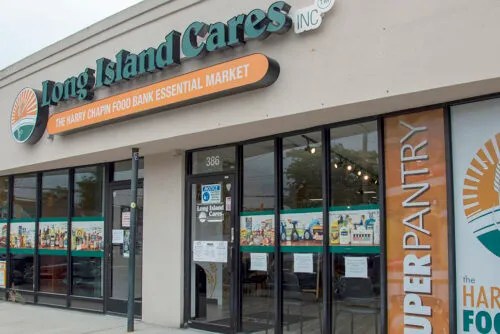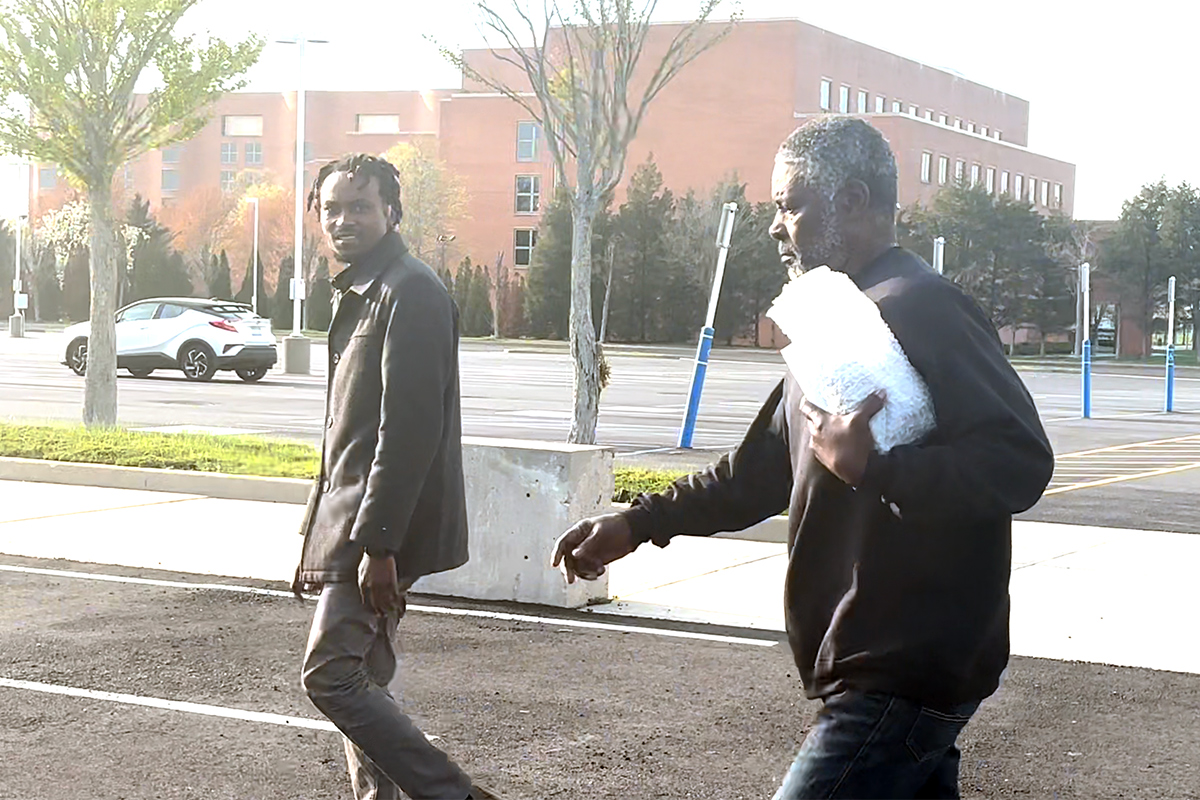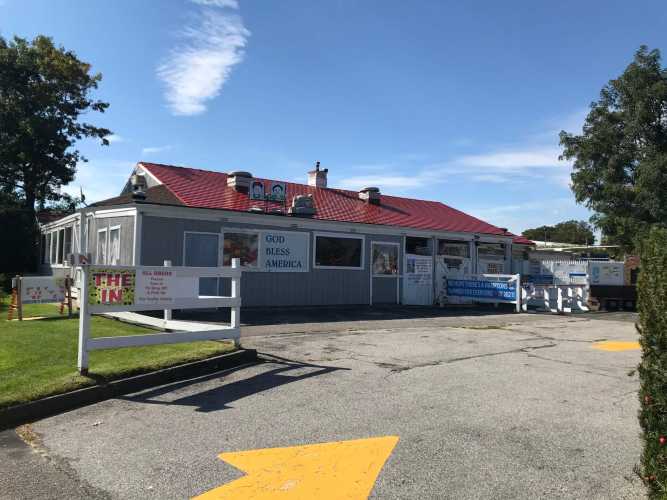Long Island’s two largest food banks, Long Island Cares and Island Harvest, are facing significant setbacks as the U.S. Department of Agriculture cuts food assistance programs and freezes funding, leaving thousands of food-insecure residents at risk.
Last week Long Island Cares learned that a shipment of over 250,000 pounds of food expected from the USDA was abruptly canceled. The delivery, which included turkey, chicken, canned fruits, milk, eggs, and cheese, was part of the federal Commodity Credit Corporation program. Replacing the shipment would cost the Hauppauge-based food bank an estimated $360,000.
Peter Crescenti, media relations specialist for Long Island Cares, said in an email, “250,057 pounds of food represents 213,352 meals that will not reach the kitchen tables in the homes of those we serve at our six food pantries and the 334 pantries, soup kitchens, shelters and more that we work with. Given the high cost of food that has prevented so many Long Islanders from adequately feeding themselves and their families, those missing meals may mean a parent forsaking a meal or two so that their children don’t do without.”
Meanwhile, Island Harvest is grappling with frozen funding for its senior meal program. The Melville-based food bank was slated to receive $1.7 million through the CCC-funded Commodity Supplemental Food Program for low-income seniors. However, those funds have been placed on hold, and the organization remains uncertain if it will ever receive the money.
The cuts come as part of the USDA’s decision to phase out two pandemic-era programs: the Local Food Purchase Assistance Cooperative Agreement and the Local Food for Schools Cooperative Agreement Program.
In an email to Newsday, the department described the move as a return to “fiscally responsible initiatives,” prioritizing long-term, sustainable solutions over temporary COVID-era relief.
The USDA’s decision affects not only Long Island but also regional food banks across New York State. The New York State Office of General Services confirmed that 135 truckloads of food, valued at $7.5 million, were canceled across eight regional food banks, including those in Buffalo, Syracuse, Rochester, and the Bronx.
According to Feeding America’s “Map the Gap” data, more than 221,000 Long Islanders are food insecure. Food bank officials said they are working with state and federal representatives to seek clarity on the frozen funds and the future of food assistance programs.
To combat the loss of the product, Long Island Cares is working on other ways to raise money and bring in more donations, including increasing community and corporate food drives, working with supermarket chains and shopping outlets for donated foods, advocating for increased funding for Nourish New York, a program that provides funding for produce and other food purchases within the state, and tapping their reserve funds.
“Despite these cuts, Long Island Cares will use every means possible to continue our mission to feed the hungry. We were founded 45 years ago by the late Harry Chapin with that goal, and we will not let funding cuts cripple our ability to help feed the 280,000 Long Islanders that desperately need our support,” said Crescenti.
































